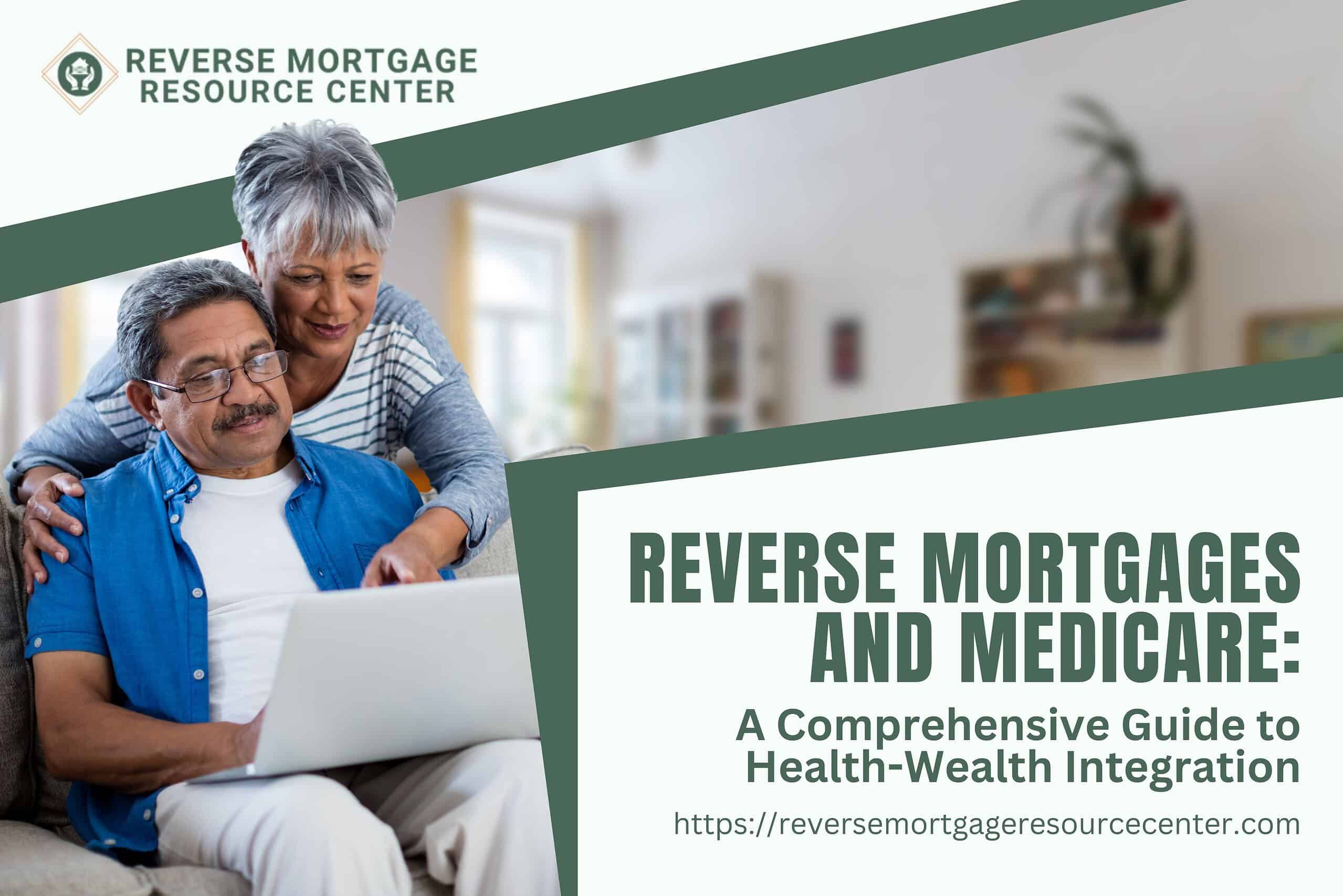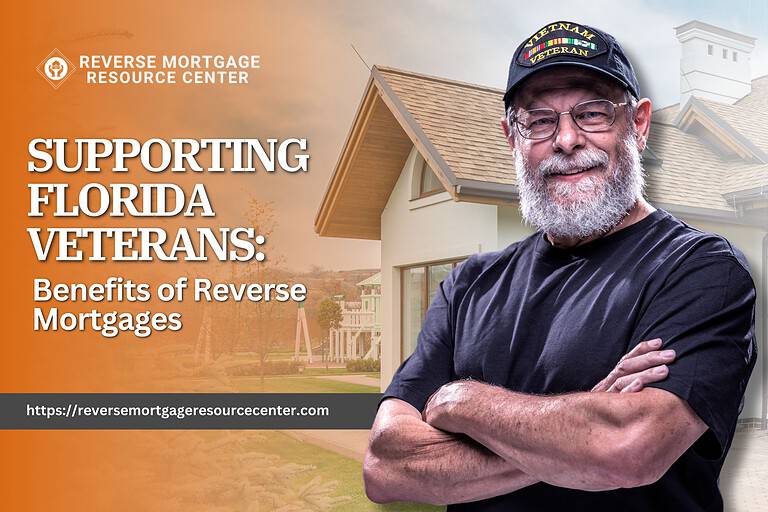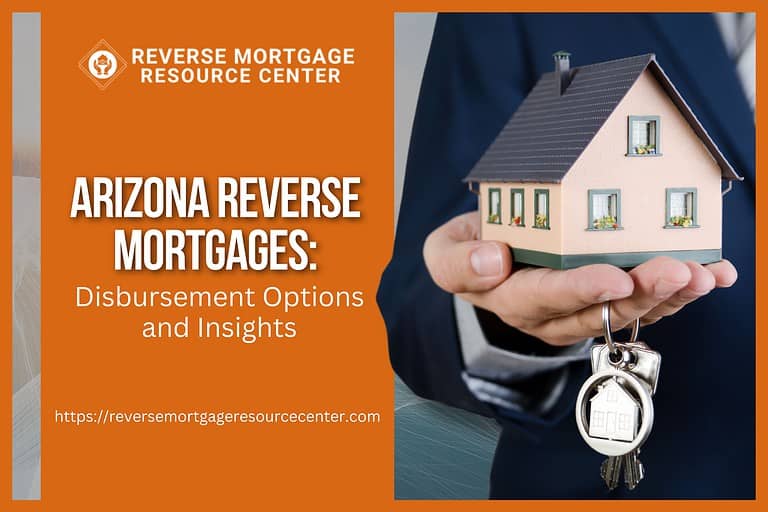Reverse Mortgages and Medicare: A Comprehensive Guide to Health-Wealth Integration
In the intricate landscape of retirement, seniors often find themselves grappling with the delicate balance of managing their finances and healthcare. As retirees seek innovative strategies to secure their well-being during the golden years, the integration of reverse mortgages and Medicare benefits emerges as a powerful solution. This comprehensive guide aims to delve deeper into the intersection of these two critical components, offering strategies that optimize both financial and healthcare resources for seniors facing challenges in their retirement.
Understanding Reverse Mortgages
Definition and Basics
At its core, a reverse mortgage is a financial tool designed to empower seniors aged 62 or older to convert a portion of their home equity into readily accessible funds. Unlike traditional mortgages, reverse mortgages operate without the requirement of monthly payments. Instead, the loan is repaid when the homeowner sells the property, moves out of the home, or passes away. This unique financial instrument can provide a steady source of funds, acting as a lifeline for seniors navigating financial challenges in their retirement.
Types of Reverse Mortgages
Navigating the realm of reverse mortgages involves understanding the different types available, each offering unique features. The Home Equity Conversion Mortgage (HECM), backed by the federal government, stands as the most prevalent and secure option for seniors. Additionally, proprietary reverse mortgages, offered by private lenders, cater to individuals with higher home values. Recognizing these variations is pivotal in selecting the most suitable option based on individual financial goals.
Benefits of Reverse Mortgages
- Supplemental Income: Reverse mortgages serve as a reliable source of supplemental funds, easing financial strain and providing seniors with the means to enjoy a more comfortable retirement.
- Retain Homeownership: A distinctive advantage of reverse mortgages is the ability to retain homeownership. Seniors can continue to reside in their homes while unlocking the equity within, creating a sense of stability during retirement.
- Flexible Disbursement Options: Borrowers can tailor their reverse mortgage arrangements to suit their specific needs. Whether opting for a lump sum, a line of credit, or fixed monthly disbursements, the flexibility offered ensures a customized approach to financial planning.
Navigating Medicare Benefits
Overview of Medicare
Medicare, a federal health insurance program, serves as a cornerstone for senior well-being. Designed to assist individuals aged 65 and older, as well as certain younger individuals with disabilities, Medicare consists of various parts. These include hospital insurance (Part A), medical insurance (Part B), and prescription drug coverage (Part D), collectively aiming to provide comprehensive health coverage for seniors.
Integrating Medicare with Reverse Mortgages
- Healthcare Costs Coverage: While Medicare covers a substantial portion of healthcare costs, there are gaps that may leave seniors exposed to financial strain. Strategically using reverse mortgage funds can bridge these gaps, ensuring that seniors have the financial means to address medical expenses not covered by Medicare.
- Long-Term Care Planning: Planning for potential long-term care needs is a crucial aspect of retirement. Reverse mortgages can play a pivotal role by providing additional resources for potential nursing home expenses or in-home care, offering seniors the flexibility to age in place with dignity.
- Prescription Drug Coverage: With Medicare Part D covers a portion of the price of prescription drugs, funds from a reverse mortgage can be allocated to cover co-pays and medications not included in the standard plan. This holistic approach enhances overall health and well-being, addressing both immediate and long-term healthcare needs.
Strategies for Holistic Senior Well-Being
Coordinating Financial and Healthcare Planning
- Consult with Financial and Healthcare Professionals: The integration of reverse mortgages and Medicare benefits necessitates a collaborative approach. Seeking advice from both financial advisors and healthcare professionals ensures a comprehensive strategy that addresses both monetary and health-related concerns.
- Regular Financial Health Check-ups: Just as seniors prioritize regular medical check-ups, scheduling routine financial assessments is equally crucial. A proactive approach allows for adjustments to the financial plan based on changing circumstances or emerging healthcare needs.
- Educational Workshops and Seminars: Empowering seniors with knowledge about reverse mortgages, Medicare benefits, and their interplay is essential. Hosting educational events can help seniors make informed decisions, fostering financial literacy and a well-rounded understanding of health-wealth integration.
Expert Advice on Health-Wealth Integration
Insights from Financial and Healthcare Experts
- Plan for the Long Term: Both financial and healthcare planning should extend beyond immediate needs. Considering potential health challenges and associated costs in the later stages of retirement is key to developing a comprehensive and sustainable strategy.
- Diversification of Resources: Relying solely on Medicare or a reverse mortgage may prove insufficient. Experts advise diversifying resources to include personal savings, investments, and insurance, creating a robust safety net that caters to the evolving needs of seniors.
Review and Adapt: Life is dynamic, and so are financial and health circumstances. Regularly reviewing and adapting the health-wealth integration plan ensures alignment with current needs and goals, enhancing its effectiveness over the course of retirement.
REVERSE MORTGAGE RESOURCE CENTER ~LIVE LIFE ON YOUR TERMS~
Our Lending Team has been serving our clients since 2004. We are passionate about serving our clients with integrity to help them achieve their financial goals.







